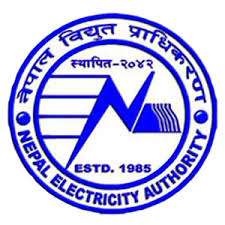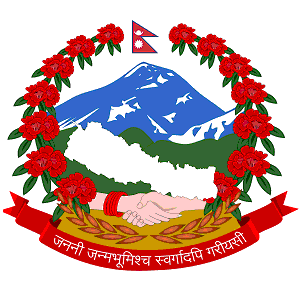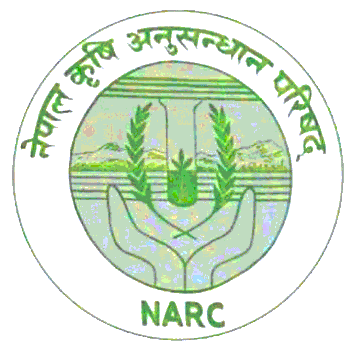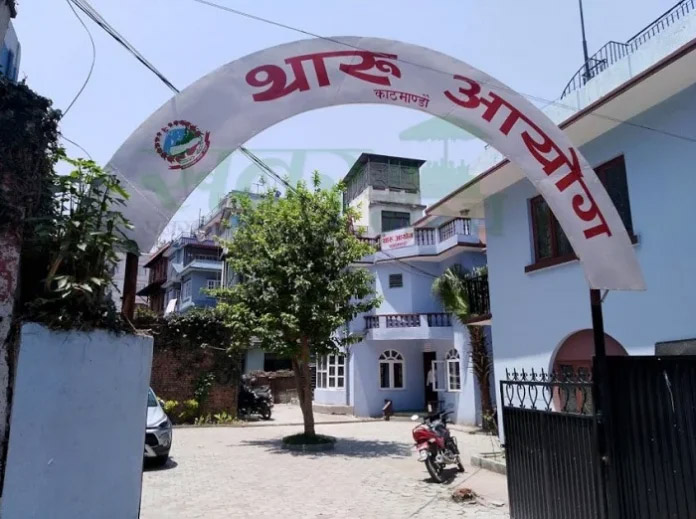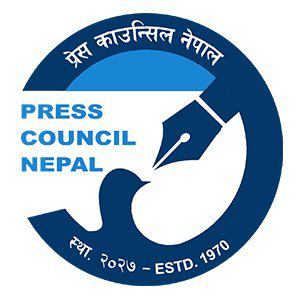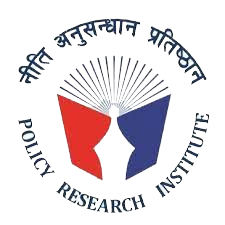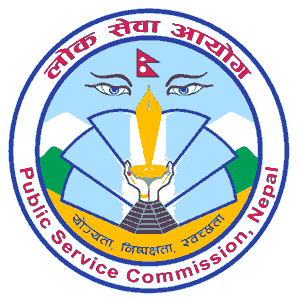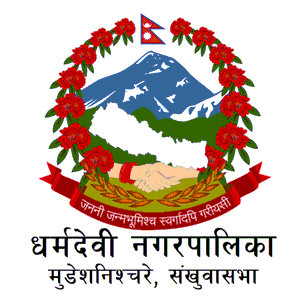Overview
Established on March 7, 2002, the National Women Commission (Rastriya Mahila Aayog) of Nepal is a cornerstone in the advocacy for women's rights. With its legal foundation reinforced by the National Women Commission Act of 2017 and the 2021 Regulations, the NWC operates under the robust backing of the Nepalese Constitution.
The National Women's Commission represents a significant stride towards gender equality and the empowerment of women. This commission, grounded in international declarations such as the 1979 Convention on the Elimination of All Forms of Discrimination Against Women, the Vienna Declaration of 1993, and the 1995 Beijing Declaration, functions as a critical mechanism for translating women's rights into tangible actions. Recognized constitutionally in 2015, the Commission upholds the mandates of Article 38 of Nepal's Constitution, ensuring women's rights as fundamental rights and advocating for an egalitarian society free from gender discrimination.
Central to its mission, the National Women's Commission operates as both a regulator and vigilant entity. It plays a pivotal role in eradicating social, economic, cultural, and political discrimination against women. By fostering awareness of gender equality, advocating for women's proportional representation in various sectors, and implementing inclusive policies, the Commission actively challenges and seeks to dismantle longstanding barriers to gender equality.
Furthermore, the Commission's responsibilities extend to monitoring, inspecting, and investigating violations of women's rights, while offering legal support and services to marginalized women. This holistic approach underscores the Commission's commitment to advocating for women's rights across diverse cultural and geographic spectrums in Nepal.
The Constitution of Nepal, particularly Article 254, empowers the National Women's Commission to establish provincial offices, enhancing its reach and accessibility. This expansion is crucial for providing support and services to women in remote areas, ensuring that the Commission's impact is felt nationwide.
With its third five-year strategic plan in the works, the National Women's Commission is poised to enhance its effectiveness and continue its vital work. As a constitutional body, it carries the weighty responsibility of upholding gender justice and driving the development of women's rights in Nepal. The Commission's ongoing efforts are pivotal in realizing an equitable society where women's rights are not only recognized but fully actualized.
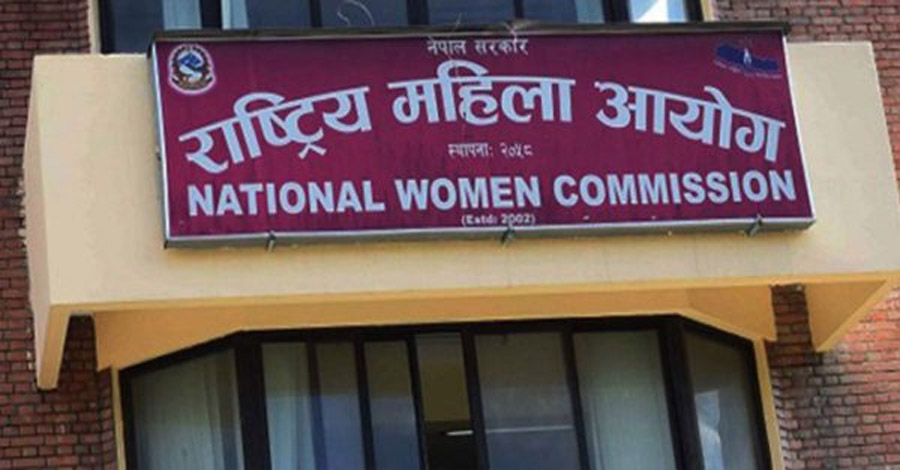
Strategic Mission and Vision
- Vision: To create a society where women of diverse backgrounds can fully exercise their human rights, enjoying safety, justice, and dignity.
- Mission: Dedicated to ensuring equal rights, opportunities, and access to justice for all women, the NWC aims to promote gender equality across all societal sectors.
Key Objectives of the National Women Commission of Nepal
-
Human Rights Protection for Women
- Prioritizing the safeguarding of women's human rights at all societal levels.
- Emphasizing the termination of discrimination, marginalization, and violence against women.
-
Accessible Justice for Women Victims
- Facilitating easy access to justice for women affected by various forms of violence, including domestic abuse, trafficking, and conflict.
- Ensuring inclusivity in justice delivery irrespective of caste, language, religion, gender, class, or region.
-
Promoting Gender Mainstreaming
- Aiming for proportional, socially inclusive, and meaningful participation of women from diverse backgrounds.
- Focusing on integrating gender perspectives into all areas of social and political life.
-
Advisory Role in International Commitments
- Providing recommendations and guidance to the Government of Nepal regarding international legal agreements and treaties.
- Ensuring Nepal's compliance with international commitments related to women's rights.
-
Monitoring National Laws and Policies
- Regularly reviewing laws and policies impacting women's rights and welfare.
- Providing feedback and suggestions for improvements to the government and relevant agencies.
-
Establishing an Independent Commission
- Striving to establish the National Women's Commission as an independent, autonomous, and constitutional body.
- Focusing on active engagement in the protection and promotion of women's rights.
Policy Development and Legal Advocacy
-
Formulating Women-Centric Policies
- Crafting and implementing policies specifically designed to protect and promote women's rights and interests.
- Aligning these policies with national goals and international standards for gender equality and women's empowerment.
-
Advocacy for Legal Reforms
- Advocating for changes in existing laws and regulations to better safeguard women's rights.
- Addressing gaps in the legal system that may hinder the protection and advancement of women.
-
Monitoring Legal Compliance
- Ensuring adherence to both national legislation and international treaties concerning women's rights.
- Assessing the effectiveness of current laws in safeguarding women’s interests and suggesting necessary amendments.
-
Legal Research and Recommendations
- Conducting thorough research on issues related to gender equality and legal rights.
- Providing well-informed recommendations for legal and policy reforms to relevant government bodies.
-
Supporting Implementation of Policies
- Working closely with governmental agencies to ensure the effective implementation of women-focused policies.
- Providing expertise and guidance for the operationalization of these policies at various administrative levels.
-
Public Awareness and Education
- Educating the public about new and existing laws pertaining to women's rights.
- Using media and public forums to raise awareness about legal rights and protections available to women.
-
Partnerships for Legal Advocacy
- Collaborating with NGOs, international agencies, and other stakeholders in the field of women's rights and legal advocacy.
- Leveraging these partnerships to amplify policy impact and reach a broader audience.
-
Legal Assistance and Support Services
- Offering legal aid and support to women who are victims of rights violations.
- Providing resources and guidance for navigating the legal system effectively.
Helpline and Support Services
- "Khabar Garo 1145 Helpline": This crucial service provides immediate assistance and legal support to victims of gender-based violence.
- Mediation and Coordination: The NWC mediates between victims and perpetrators and coordinates with social organizations for providing assistance.
Expanding Services Through Provincial Offices
- Localizing Support: With the aim of addressing gender violence more effectively, the NWC is setting up provincial offices to offer localized assistance.
- Efficiency and Accessibility: These offices will ensure quicker, more accessible, and cost-effective services for victims at the local level.
Awareness and Training Programs
- Preventive and Awareness Initiatives: The Commission conducts training and awareness programs nationwide, focusing on eradicating gender-based violence and discrimination.
- Community Engagement and Media Outreach: Through radio, FM programs, and promotional materials, the NWC actively raises public awareness about women's rights.
The Commission's Role
As a watchdog for women's rights, the National Women Commission plays a critical role in preventing violations of women's rights and controlling gender violence in Nepal. Its comprehensive approach, spanning policy advisory, executive action, and judicial support, marks its dedication to creating a just and equitable society for women.
Commitment to International Obligations
- Fulfilling Global Commitments: The Commission ensures that Nepal adheres to its international legal obligations concerning women's rights.
- Monitoring and Feedback: Regular monitoring of government actions and policies favorable to women, with feedback and recommendations, is a key function of the NWC.



